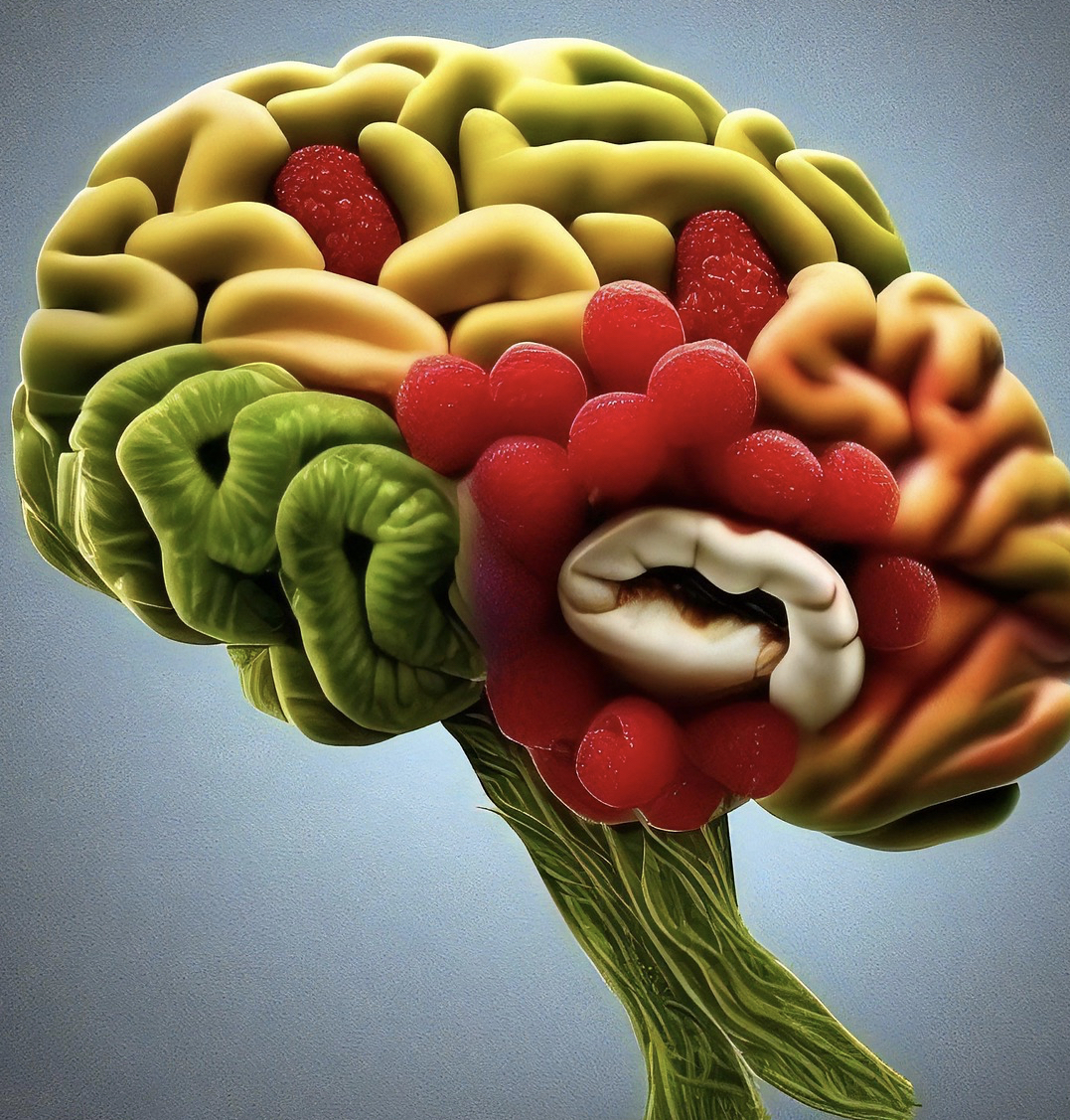
Does Cycling Prevent Alzheimer’s? There is evidence to suggest that regular physical exercise, including cycling, may help reduce the risk of developing Alzheimer’s disease or other forms of dementia.
A study published in the Journal of Alzheimer’s Disease found that regular cycling can improve cognitive function and reduce brain atrophy in older adults. Another study published in the Annals of Internal Medicine found that regular physical exercise, including cycling, can lower the risk of developing Alzheimer’s disease by up to 50%.
However, it’s important to note that there is no cure for Alzheimer’s disease, and while exercise may help reduce the risk of developing the disease, it cannot completely prevent it.
Let’s look at what we know and how to implement it.
What is the best exercise to prevent Alzheimer’s?
While there is no one “best” exercise to prevent Alzheimer’s, regular physical exercise of any kind has been shown to be beneficial in reducing the risk of developing Alzheimer’s disease or other forms of dementia.
The Alzheimer’s Association recommends at least 150 minutes of moderate-intensity aerobic exercise per week, as well as strength training exercises two or more days a week. This can include activities such as brisk walking, cycling, swimming, dancing, or any other activity that gets your heart rate up and makes you sweat.
In addition to aerobic exercise and strength training, activities that challenge the brain, such as learning a new language, playing a musical instrument, or doing crossword puzzles, have also been shown to be beneficial in reducing the risk of developing Alzheimer’s disease.
Is the likelihood of getting dementia less if you exercise?
Yes, there is evidence to suggest that regular exercise can reduce the likelihood of developing dementia, including Alzheimer’s disease.
Several studies have found that physical exercise, particularly aerobic exercise, is associated with a lower risk of developing dementia later in life. One study published in the Journal of Alzheimer’s Disease found that older adults who engaged in regular physical exercise had a lower risk of developing Alzheimer’s disease and other forms of dementia over a six-year period.
Another study published in the Annals of Internal Medicine found that regular physical exercise, including cycling, can lower the risk of developing Alzheimer’s disease by up to 50%.
Are athletes less likely to get Alzheimer’s?
There is evidence to suggest that regular physical exercise, including participation in athletic activities, may help reduce the risk of developing Alzheimer’s disease or other forms of dementia.
Athletes, who engage in high levels of physical activity, have been found to have a lower risk of developing Alzheimer’s disease compared to sedentary individuals. This may be because physical exercise has been shown to improve brain health, including reducing inflammation, improving blood flow to the brain, and promoting the growth of new brain cells.
Does cycling improve brain function?
Yes, cycling can improve brain function. Regular physical exercise, including cycling, has been shown to have numerous benefits for the brain, including improved cognitive function, memory, and mood.
Cycling can help improve brain function in several ways. Firstly, it can improve blood flow to the brain, which is essential for delivering oxygen and nutrients to brain cells. Cycling can also stimulate the growth of new brain cells, particularly in the hippocampus, which is the region of the brain responsible for memory and learning.
In addition to these physical benefits, cycling can also have mental health benefits, including reducing stress, anxiety, and depression. These mental health benefits can also have a positive impact on brain function, as stress and anxiety can impair cognitive function and memory.
Overall, cycling is a great form of physical exercise that can have numerous benefits for the brain, including improved cognitive function, memory, and mood. It’s important to note that these benefits can be seen with regular, consistent exercise over time, rather than just one or two sporadic cycling sessions.
Do fit people get dementia?
Although physical exercise can help reduce the risk of developing dementia, including Alzheimer’s disease, fit people are not immune to the condition. Dementia is a complex disease that can be influenced by a variety of factors, including genetics, lifestyle, and overall health.
While regular exercise can help improve brain health, it cannot completely prevent the disease. Other factors, such as age, gender, and family history, can also play a role in the development of dementia.
It’s also important to note that being fit and healthy involves more than just physical exercise. A healthy lifestyle that includes a balanced diet, adequate sleep, and managing stress can also be beneficial in reducing the risk of developing dementia.
Does exercising fight Alzheimer’s?
Regular physical exercise can help fight Alzheimer’s disease, as it has been shown to have numerous benefits for the brain, including reducing the risk of developing the disease and slowing its progression.
Exercise can help fight Alzheimer’s in several ways. Firstly, it can improve blood flow to the brain, which is essential for delivering oxygen and nutrients to brain cells. Exercise can also stimulate the growth of new brain cells, particularly in the hippocampus, which is the region of the brain responsible for memory and learning.
In addition to these physical benefits, exercise can also have mental health benefits, including reducing stress, anxiety, and depression. These mental health benefits can also have a positive impact on brain function, as stress and anxiety can impair cognitive function and memory.
Does anything reverse dementia?
At present, there is no known cure for dementia, and there is no treatment that can fully reverse the condition. However, some treatments can help manage the symptoms and slow the progression of the disease.
Medications such as cholinesterase inhibitors and memantine are often prescribed to help manage symptoms such as memory loss and confusion in Alzheimer’s disease. Lifestyle changes such as regular physical exercise, a healthy diet, and social engagement can also help slow the progression of the disease and improve quality of life.






